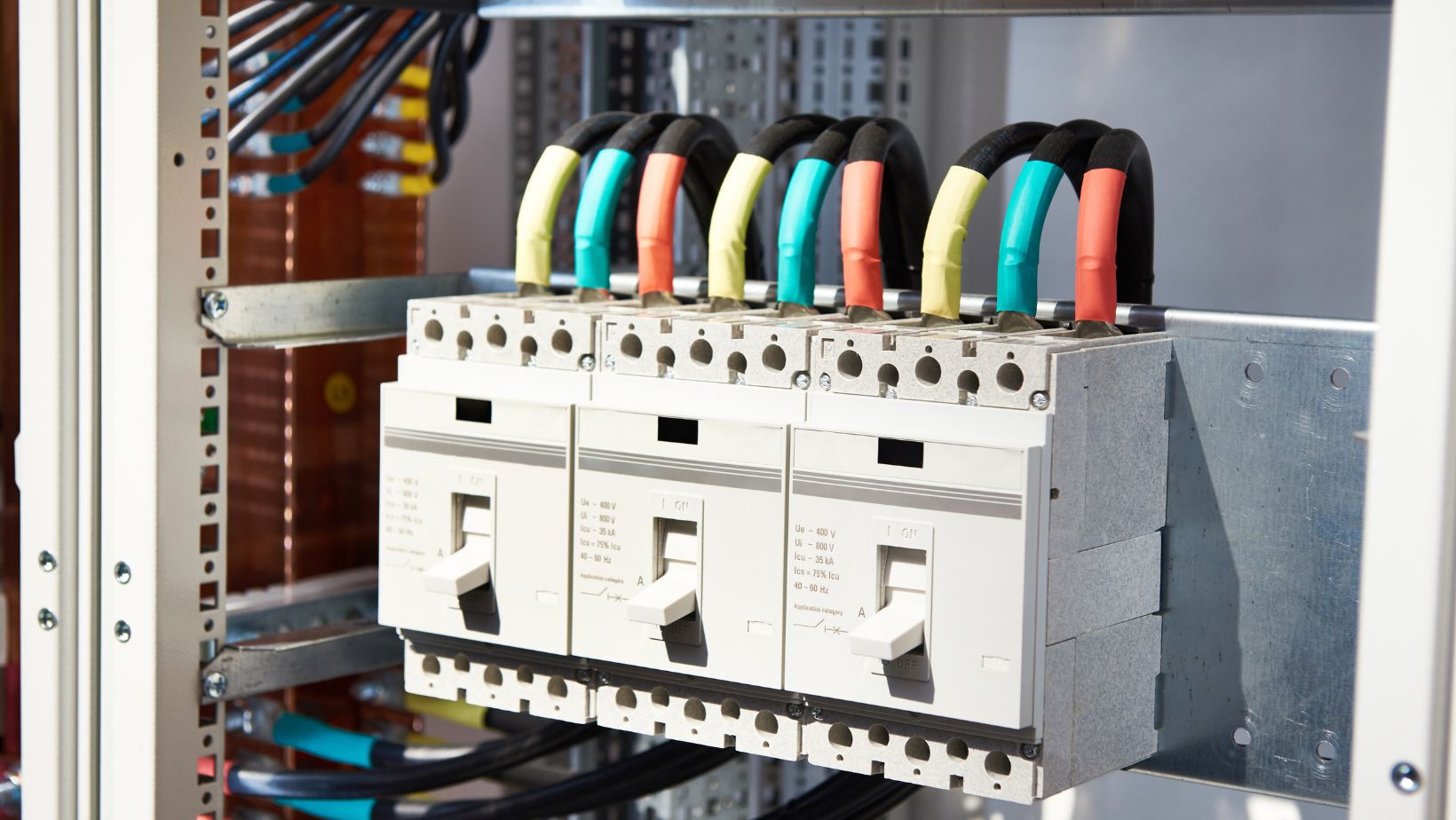Can You Use 12 Gauge Wire on a 30 Amp Breaker
The answer is no. Using 12 gauge wire on a 30 amp breaker is not recommended nor permitted by electrical codes in most jurisdictions. The reason being that the purpose of the breaker is to protect the circuit and the wiring from overheating due to excessive current flow. By using an undersized wire like 12 gauge, you risk exceeding its capacity, which could lead to serious issues such as overheating, melting insulation, or even fire hazards.
It’s important to always follow the guidelines set forth by electrical codes when wiring circuits and selecting appropriate gauges for breakers. This ensures both safety and compliance with regulations. So if you’re considering installing a new circuit with a 30 amp breaker, make sure to use the correct wire size – typically at least 10 gauge – for optimal performance and peace of mind.
Understanding Wire Gauge And Amp Breaker Ratings
Choosing The Right Wire Gauge For Your Breaker
When it comes to electrical wiring, it’s crucial to select the appropriate wire gauge for your breaker. The wire gauge refers to the thickness of the wire, while the amp breaker rating indicates the maximum amount of electrical current that can safely flow through the circuit. It’s important to ensure that these two components are properly matched to prevent potential hazards such as overheating and electrical fires.
The American Wire Gauge (AWG) system is commonly used to classify wire sizes. The lower the AWG number, the thicker the wire. For instance, a 12-gauge wire is thicker than a 14-gauge wire. Generally, larger appliances and circuits with higher power requirements will require thicker wires with lower AWG numbers.
Understanding Amp Breaker Ratings
Amp breaker ratings play a crucial role in protecting both your electrical system and connected devices from excessive currents. An amp rating indicates how much current an individual circuit can handle before tripping or causing damage. In most residential settings, common amp ratings range from 15 amps up to 60 amps or more for specialized applications.
It’s vital not to exceed the amp rating of a breaker by connecting wires or devices that draw more current than what it can handle. Doing so could lead to overheating, melting insulation, or even fire hazards due to excessive heat buildup in the wiring.
Can You Safely Use 12 Gauge Wire on a 30 Amp Breaker?
According to the National Electrical Code (NEC), a 30-amp circuit requires at least a minimum of 10-gauge wire size. This is because the larger amperage rating of the breaker requires thicker wires to handle the increased current flow without overheating.
Using smaller gauge wires, such as 12-gauge, with a higher amp breaker can lead to several issues. First and foremost, it poses a significant safety risk due to potential overheating and insulation damage caused by excessive current draw. Additionally, using incompatible wire sizes may violate electrical codes and regulations in your area.
To ensure safety and compliance, always follow the guidelines outlined in the NEC or consult with a licensed electrician who can provide expert advice based on your specific wiring needs.

Can You Use 12 Gauge Wire on a 30 Amp Breaker?
Is it Safe to Use 12 Gauge Wire on a 30 Amp Breaker?
When it comes to electrical wiring, using the correct wire gauge is crucial for safety and functionality. The wire gauge refers to the thickness of the wire, with lower gauge numbers indicating thicker wires. In the case of a 30 amp breaker, which is commonly used for larger appliances or equipment, it’s important to match it with an appropriate wire gauge.
While 12 gauge wire is common and widely used in various electrical applications, it may not be suitable for use with a 30 amp breaker. According to standard electrical codes and guidelines, a 10 gauge wire is typically recommended for this particular amperage rating. This means that using a thinner wire like a 12 gauge could pose potential risks.
Potential Risks of Using the Wrong Wire Gauge
Using undersized wiring can lead to several issues that compromise safety and performance. Here are some potential risks associated with using 12 gauge wire on a 30 amp breaker:
- Overheating: When inadequate wiring is used with higher amperage loads, excessive heat can build up within the wires. This can result in insulation damage, melting of surrounding materials, or even fire hazards.
- Voltage drop: Thinner wires have higher resistance compared to thicker ones. As a result, using an undersized wire may cause voltage drop over longer distances or under heavy loads. This can lead to reduced efficiency and potential damage to connected devices.
- Tripping breakers: If the current drawn exceeds what the wire can handle safely, it may trip the circuit breaker frequently due to overload conditions.
It’s important to note that adhering to proper wiring standards helps ensure electrical systems operate reliably while minimizing any risks associated with incorrect installations.
In conclusion, using 12 gauge wire on a 30 amp breaker is not recommended due to safety concerns associated with potential overheating hazards. It’s essential to follow established guidelines such as those outlined by NEC and consult professionals when making decisions related to electrical wiring projects.




